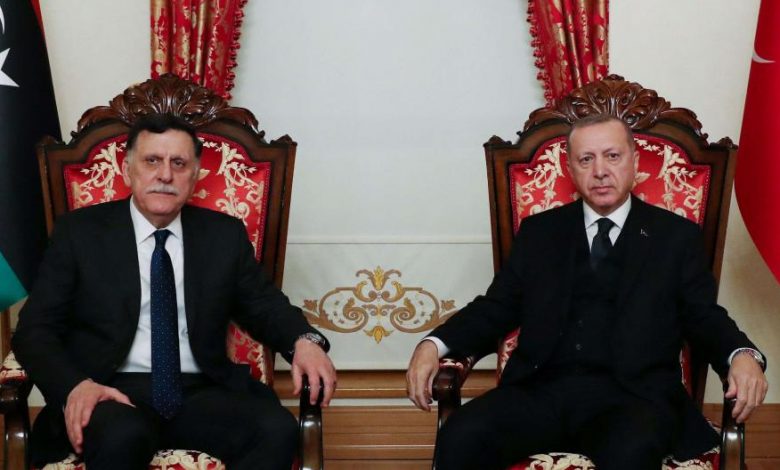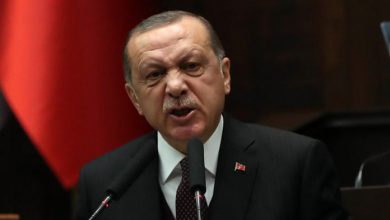Ankara’s presence in Libya could be bargaining tool with EU – experts
For years, Libya has been a major smuggling route for refugees and economic migrants in Africa to cross into Europe.

Turkey’s continuing presence in war-torn Libya could be “a big bargaining chip” with the European Union, political analysts told the Voice of America on Sunday.
“Libya is so strategically important to the EU, as Libya is the gateway of Africa to Europe,” VoA quoted retired Turkish ambassador to Qatar, Mithat Rende, as saying.
Experts say Turkey’s military contributions were vital in helping Tripoli’s internationally recognised Government of National Accord (GNA) reverse the gains made in a 14-month assault on the Libyan capital by General Khalifa Haftar’s self-styled Libyan National Army (LNA), which is backed by Russia, the United Arab Emirates and Egypt.
Turkey and the Tripoli-based GNA are discussing possible Turkish military bases in Libya, indicating a longer-term Turkish presence in the North African country. Reuters reported on Monday that final decisions between Ankara and the GNA were pending over possible Turkish use of the naval base in Misrata and the Al-Watiya air base, the latter of which would be used as a hub for Turkey’s drone force.
“Turkish military presence in Libya would strengthen its position vis-a-vis EU in general and Germany in particular,” VoA quoted international relations expert Zaur Gasimov of Bonn University as saying.
“The fears of more influx of refugees have never been stronger than now in Europe, already heavily challenged by the (coronavirus) pandemic and economic recession,” he added.
For years, Libya has been a major smuggling route for refugees and economic migrants in Africa to cross into Europe.
Turkish President Recep Tayyip Erdoğan now sees an opportunity to extend Turkey’s role as the European Union’s “gatekeeper” to Libya, VoA quoted political science professor İlhan Uzgel of Ankara University as saying.
“Turkey used the Syrian refugees as a bargaining chip against the EU, it was a policy of blackmail, and it worked somehow,” Uzgel said.
Ankara already signed a 2016 deal with the EU to cut the influx of refugees from trying to enter the bloc through Turkey, in exchange for 6 billion euros in aid. In exchange, the bloc promised to update the customs union between the EU and Turkey and visa-free travel for Turkish citizens.
“Now with Libya, Turkey has a new card or leverage against the EU. So, they (the European Union) may not be happy, but the EU is usually making a bargain with Turkey over the refugee issues,” said Uzgel, who pointed to disagreements between Ankara and Brussels over the renewal of a customs union and visa-free travel.
Another foreign power with interests in Libya is Russia, which has backed General Haftar by reportedly sending Kremlin-linked mercenaries and fighter jets to bolster LNA forces.
“Russia has sent its military jets to Libya, but we have not heard they had used their jets effectively against GNA forces,” Uzgel said. “It could have been used effectively because (Turkish) drones are no match against fighter jets. But they haven’t been used. It appears more like symbolic importance; it’s more of a bluff than a tool in a fight.”
Turkish Foreign Minister Mevlüt Çavuşoğlu said he and his Russian counterpart, Sergei Lavrov, postponed talks last Sunday focused on discussing a lasting ceasefire in Libya.
“The cancelation came from Turkey. It’s the rule of any conflict it’s usually the losing side who asks for a ceasefire, Uzgel said. “Turkey does not want to stop in Libya.”
He added that Ankara could make a short-term deal with Moscow, but on Turkey’s terms.
“Anything more and the EU would not be happy or the United States,” Uzgel said.




